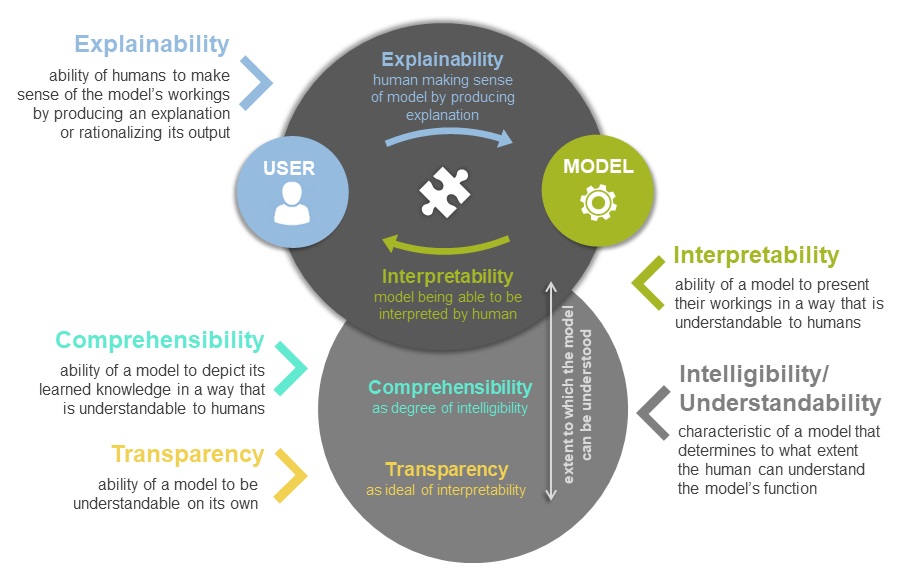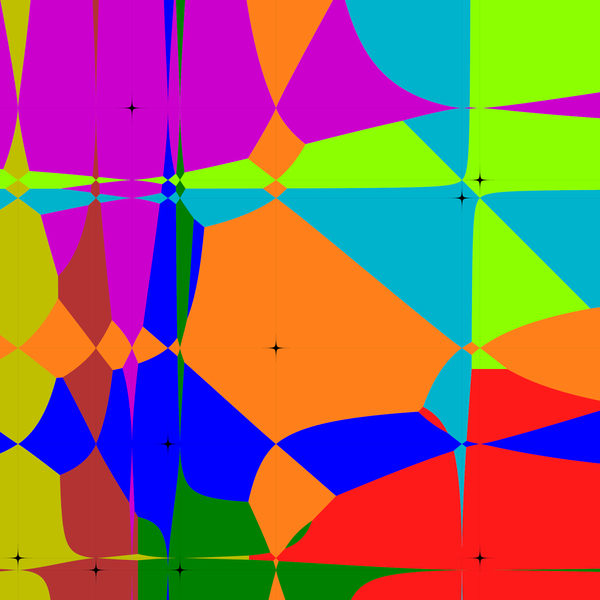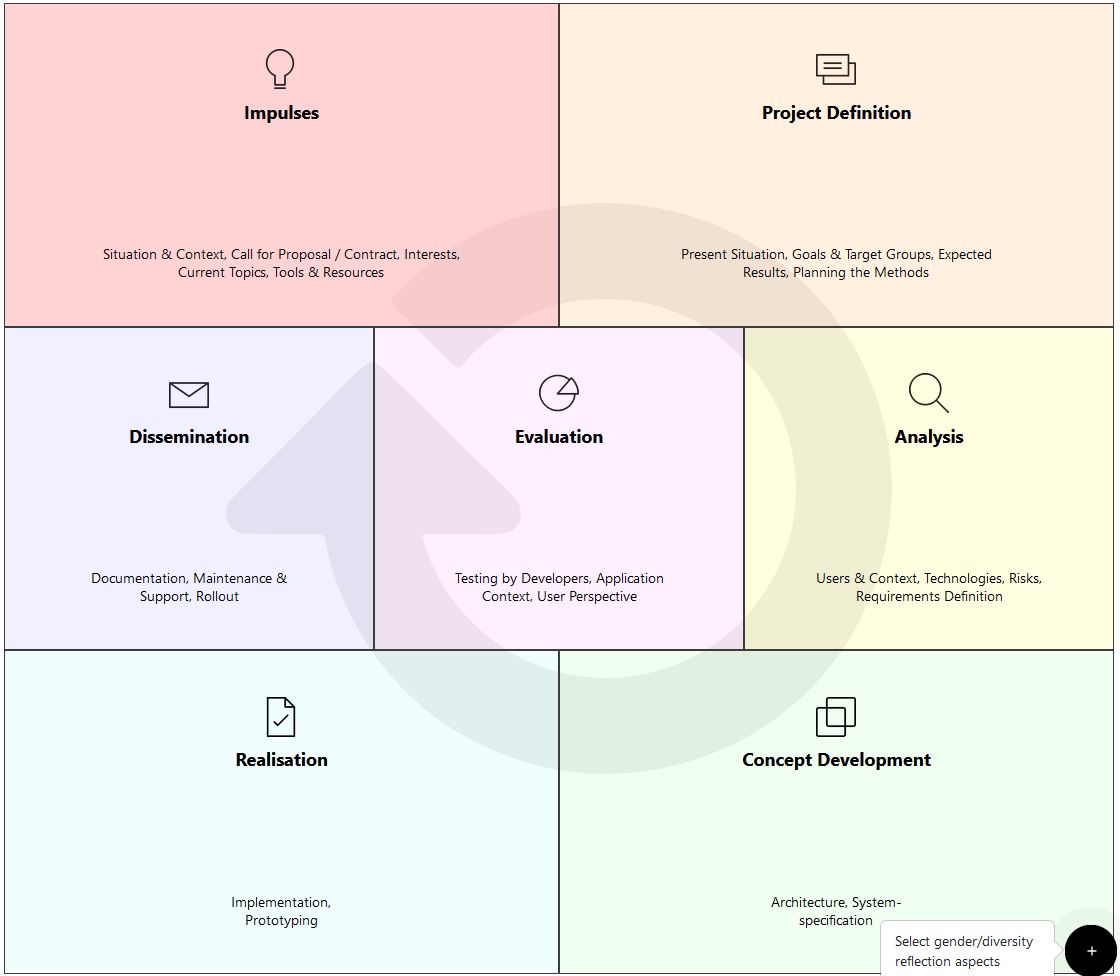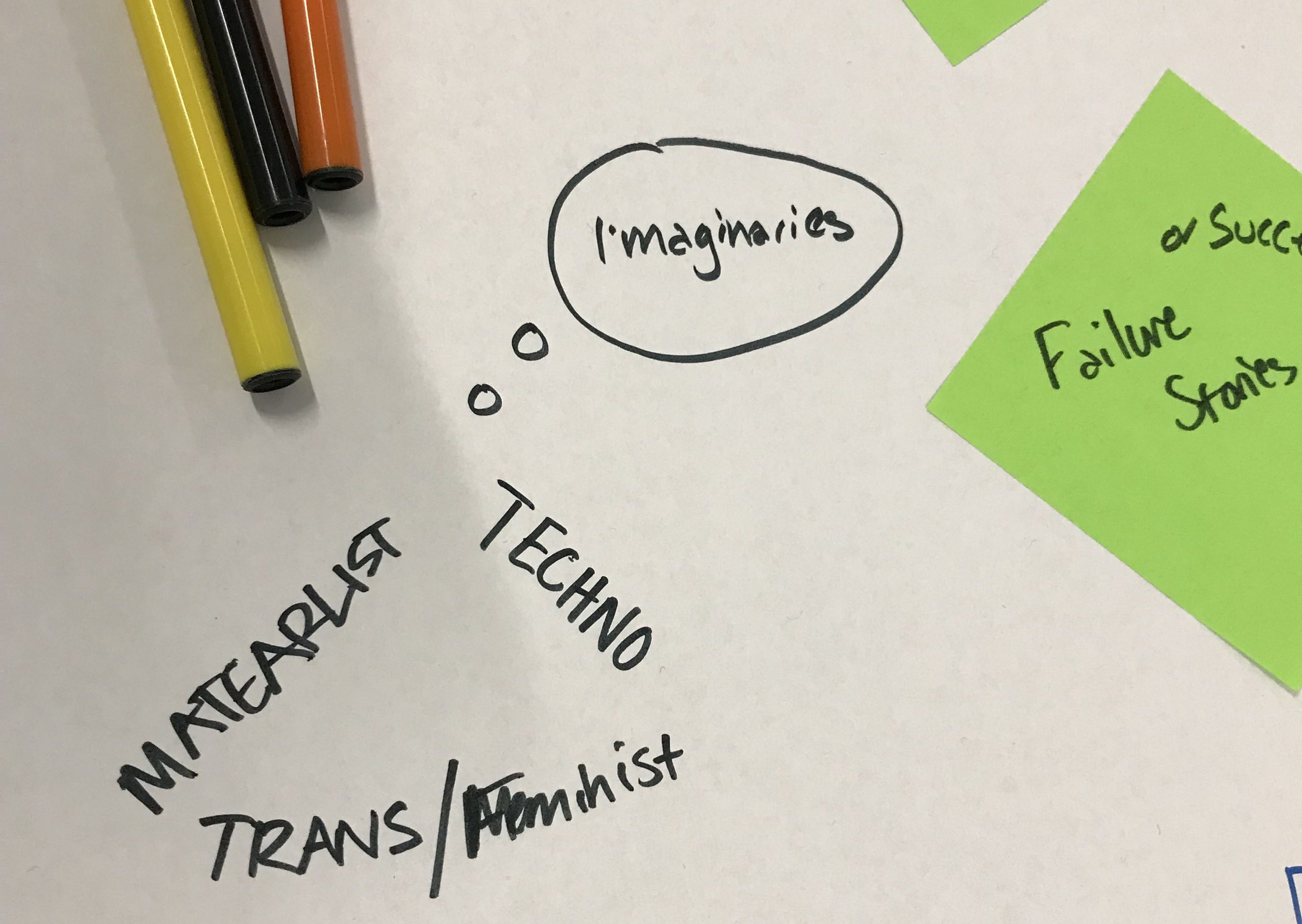Entering the field of explainable artificial intelligence (XAI) entails encountering different terms that the field is based on. Numerous concepts are mentioned in articles, talks and conferences and it is crucial for researchers to familiarize themselves with them. To mention some, there’s explainability, interpretability, understandability, […]
Category: Research Pieces
our research work and interests
Gendered Images of Computer Science
When thinking of computer science – what images pop into one’s head and what can those images tell us about the discipline as well as interconnected societal expectations and norms? In this short post we report on our research into gendered codings of computer science. […]
Feminist XAI: From centering “the human” to centering marginalized communities
Explainable artificial intelligence (XAI) as a design perspective towards explainable AI can benefit from feminist perspectives. This post explores some dimensions of feminist approaches to explainability and human-centred explainable AI.
critML: Critical Tools for Machine Learning that Bring Together Intersectional Feminist Scholarship and Systems Design
Critical Tools for Machine Learning or CritML is a project that brings together critical intersectional feminist theory and machine learning systems design. The goal of the project is to provide ways to work with critical theoretical concepts that are rooted in intersectional feminist, anti-racist, post/de-colonial […]
FAIRDIENSTE: Designing fair data economy approaches
In 2022 an increasing number of digital businesses are building their business models on data collection, its usage, and further processing. Data and especially so-called big data holds the potential for a lot of innovation and empowers the advancement of all-day-technologies, knowledge engineering and the […]
Broadening perspectives with the GERD model
Technical research and development are embedded in social contexts, afforded by stakeholders, their goals and interests, values and assumptions, and the social and professional structures they are part of. The choice of research topics and many development decisions start from rather general, standard assumptions about […]
Posthumanism, Vulnerability and Technology
Guest post by Myriam Hernández Domínguez In January 2020 I was a fellow at the fantastic GeDIS group (Gender/Diversity in Informatics Systems). In this post I would like to share a brief summary of my research and how I got to be interested in the […]
Diffractive Readings: Cyberfeminism_ NewMaterialism_ Computing [video]
In September we – Goda, Loren and Claude – presented a paper at the Society for Social Studies of Science (4S) conference in New Orleans. We were (digitally) part of an amazing panel “Feminist Technoscience by Other Means: Reconfiguring Research Practices for World-Making Beyond the […]
Participatory design of smart home technology: self-reflections of my work as a black African migrant HCI researcher
In September this article appeared on GenderIT.org, feminist reflection on Internet policies. Here is a short excerpt from the first part of the article: When I proposed this article, my aim was to share my research and the role of power in participation. I was […]
Looking at Smart Home Innovation through the lens of gender dimension
How to innovate smart homes with design and development stripped of stereotypes? Including gender dimension can help.







